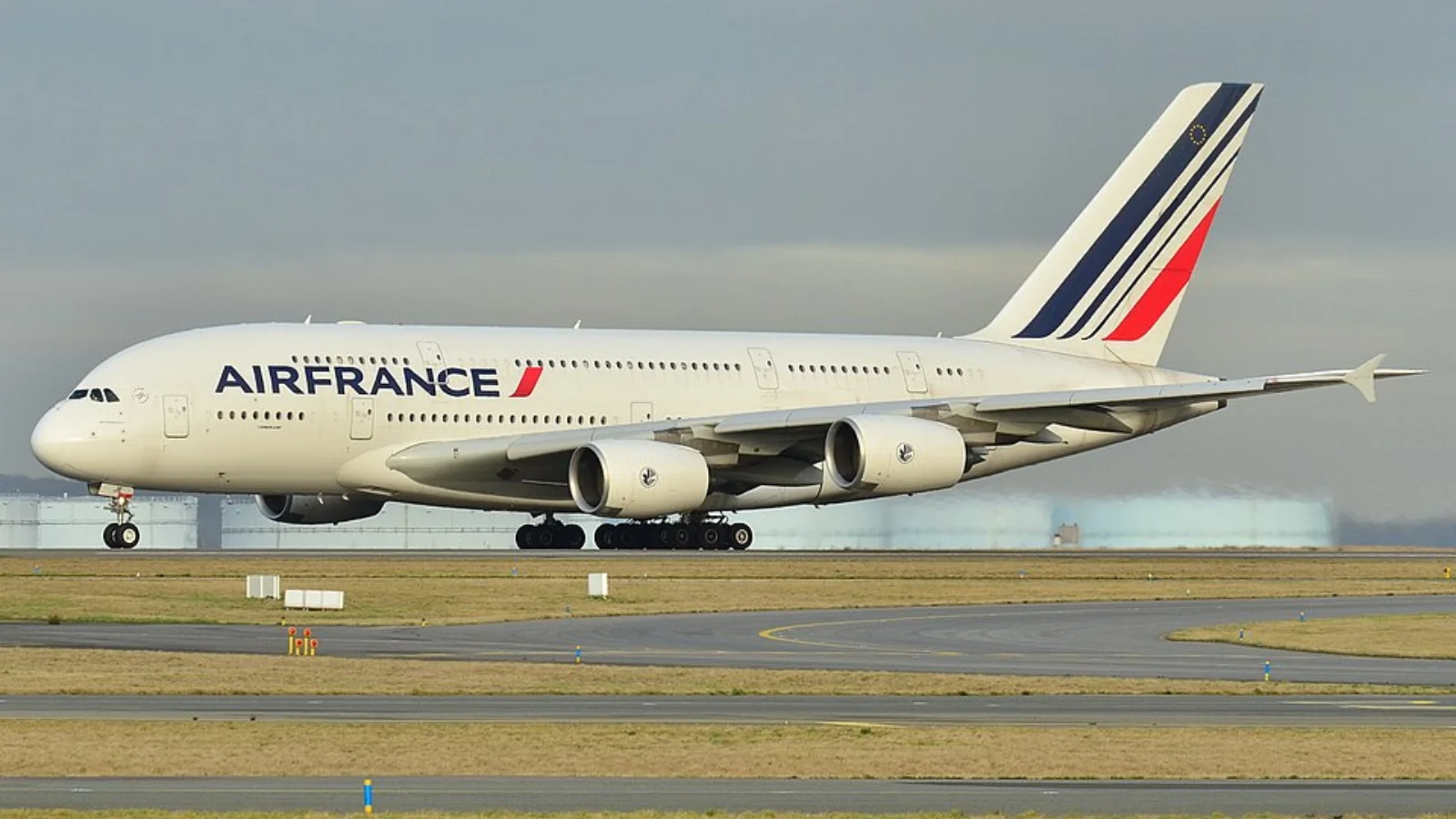Delta Air Lines reported a significant reduction in its fuel expenses for 2024, despite an increase in fuel usage by over 5% compared to the previous year. The airline's annual report filed with the United States Securities and Exchange Commission (SEC) on February 11 indicated that Delta consumed $4.1 billion worth of fuel in gallons, up from $3.9 billion in 2023 and $3.4 billion in 2022. Nevertheless, Delta spent the least amount on fuel in 2024, with a total bill of $10.5 billion.
The average price per gallon decreased to $2.57 in 2024 from $2.82 in 2023 and $3.36 in 2022. Despite fluctuations in fuel prices, Delta has managed to keep costs down as its fleet expanded from 1,062 aircraft in 2019 to 1,292 aircraft by the end of 2024.
Delta's cost per available seat mile (CASM) excluding fuel (CASM-ex) rose from 12.87¢ in 2019 to 13.54¢ by the end of 2024 due to inflationary pressures and new agreements with pilot unions. However, overall CASM decreased by about 4% during this period.
 Alerts Sign-up
Alerts Sign-up








